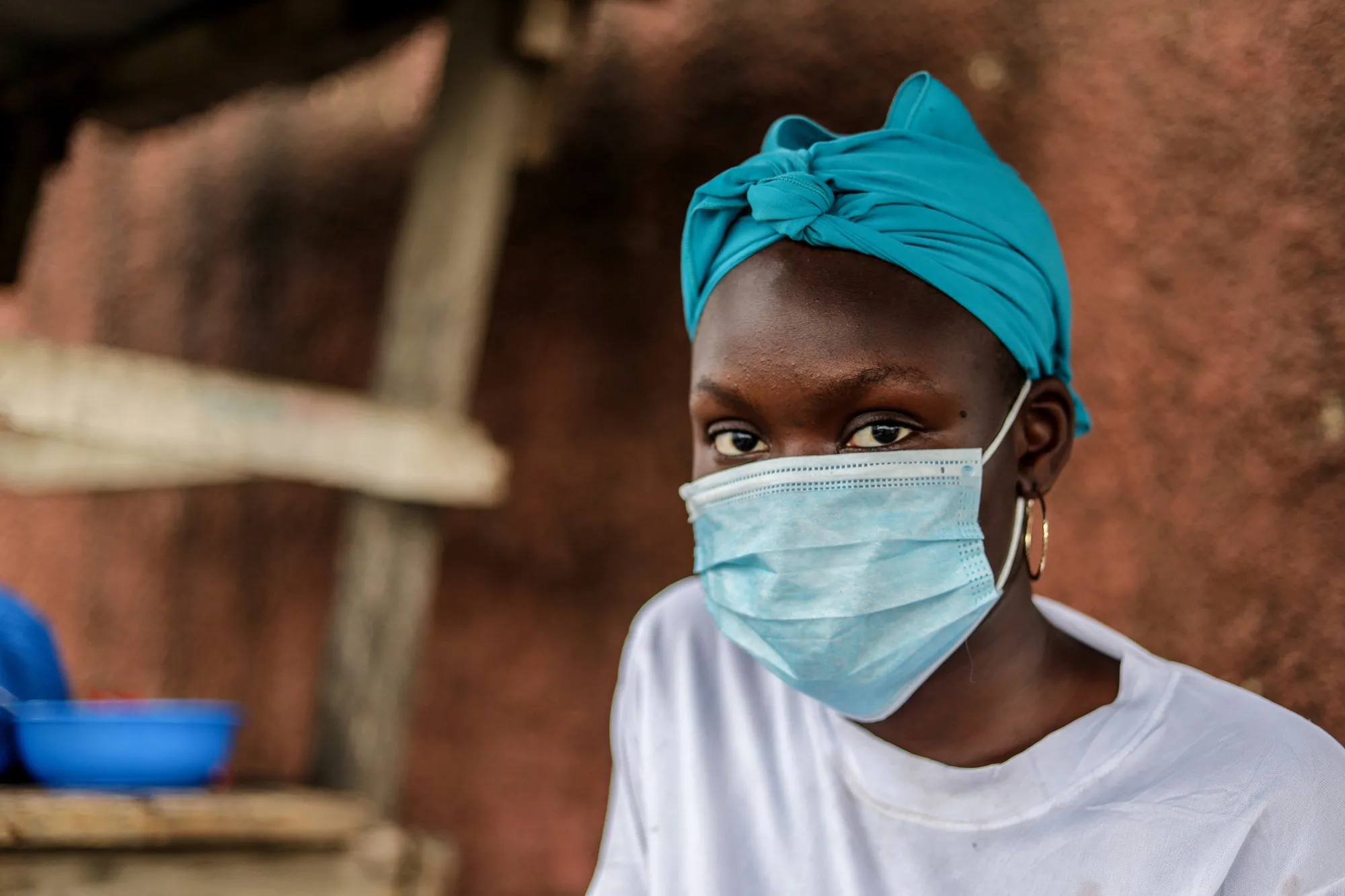Financial Insecurity, Hunger, Mental Health are Top Concerns for Women Worldwide
CARE International releases “She Told Us So: Rapid Situation Analysis – Closing the Data Gaps to Build Back Equal,” a comprehensive report featuring first person accounts of over 10,000 participant views of the unique challenges faced by women during COVID-19.
Atlanta (September 22, 2020) – CARE International today released first-of-its-kind research that reveals differing perspectives between men and women when it comes to the challenges associated with the COVID-19 pandemic.
“Six months ago, CARE sounded the alarm that the global health crisis would only widen the disparities faced by women and girls and reverse decades of progress across women’s health, nutrition and economic stability,” Emily Janoch, Director of Knowledge Management at CARE and primary author of the report. “And after six months of listening to women and capturing their stories, our alarm bell is ringing louder than ever. Our data must be a call to action for the entire global community to mount a more effective and equitable response to COVID-19.”
Based on first person survey feedback from 6,200 women and 4,000 men in nearly 40 countries, women were more likely than men to report challenges across three main areas:
- Jobs: 55% of women reported that COVID-related income loss has had the biggest impact on them, compared to only 34% of men. Women are more likely to work as part of the informal sector, which COVID-19 is hitting the hardest, and have less access to unemployment benefits.
- Lack of food: 41% of women and 30% of men reported not having enough food. This reflects deeply entrenched inequalities in local and global food systems. Women often eat least and last.
- Mental Health: One of the most striking differences is around mental health, where 27% of women reported an increase in challenges associated with mental illness —compared to only 10% of men. Women especially point to skyrocketing unpaid care burdens as a source of this stress, in addition to worries about livelihoods, food, and health care. Women are also nearly twice as likely to report challenges to accessing quality health services.
This Rapid Situation Analysis data was collected using context-appropriate tools, including SMS surveys, WhatsApp and phone interviews and when safe in-person conversation. This real time, first person interaction allows CARE to move quickly and understand response gaps. The goal of this approach is not to elevate women’s concerns above men’s, but to make sure they are heard in the first place.
“There is power in listening to women,” Janoch continued. “These cumulative responses provide invaluable insights into how the humanitarian and development systems can further adapt their work to support a more effective and equitable COVID-19 response, while reinforcing the critical importance of understanding what women need, and how their experience is different from men.”
Notes to Editor:
- As of August 25, CARE had asked more than 6,200 women and 4,000 men in 38 countries about the biggest impact COVID-19 has had on their lives, and how they are responding to these challenges. Most of the people in these samples are participants in CARE’s programs, which implies that they are among the poorest and most vulnerable people in society. This data does not reflect national-level representative surveys.
- CARE’s full report on the findings will be available from 22 September 2020.
- To help inform the specific impact of COVID-19 on women and girls, over the past 6 months CARE has carried out a number of studies. In March, CARE published the first Rapid Situation Analysis on COVID-19, based on our expertise with prior crises and secondary data. In June, CARE looked at the common themes across 15 regional and local analyses with local partners and experts.
- In its June 2020 report “Where are the Women? The Absence of Women in COVID-19 response” CARE’s research showed that at national levels, women make up on average 24% of COVID-19 response committees, and for many countries it is much lower.
- Women’s leadership is a critical success factor at all levels, from the local to the global. By June 1, 2020, countries with male leaders had six times more deaths from COVID-19 than those with women in charge. Women are also leading their countries to faster control of the epidemic and a better economic recovery (economies with women heads of state are predicted to shrink by 5.5% this year, compared to 7% where men run the country). Research continues to show women leaders are handling COVID-19 more effectively than their male counterparts.
- CARE will continue to publish these reports in each country where we work, and a global summary quarterly and also commit to making women’s first-hand responses public for decision makers to access and analyze themselves. Through an initiative called Women Respond, CARE is creating a global interactive dashboard that allows anyone to examine the data, and analyze based on geography, age, and other

